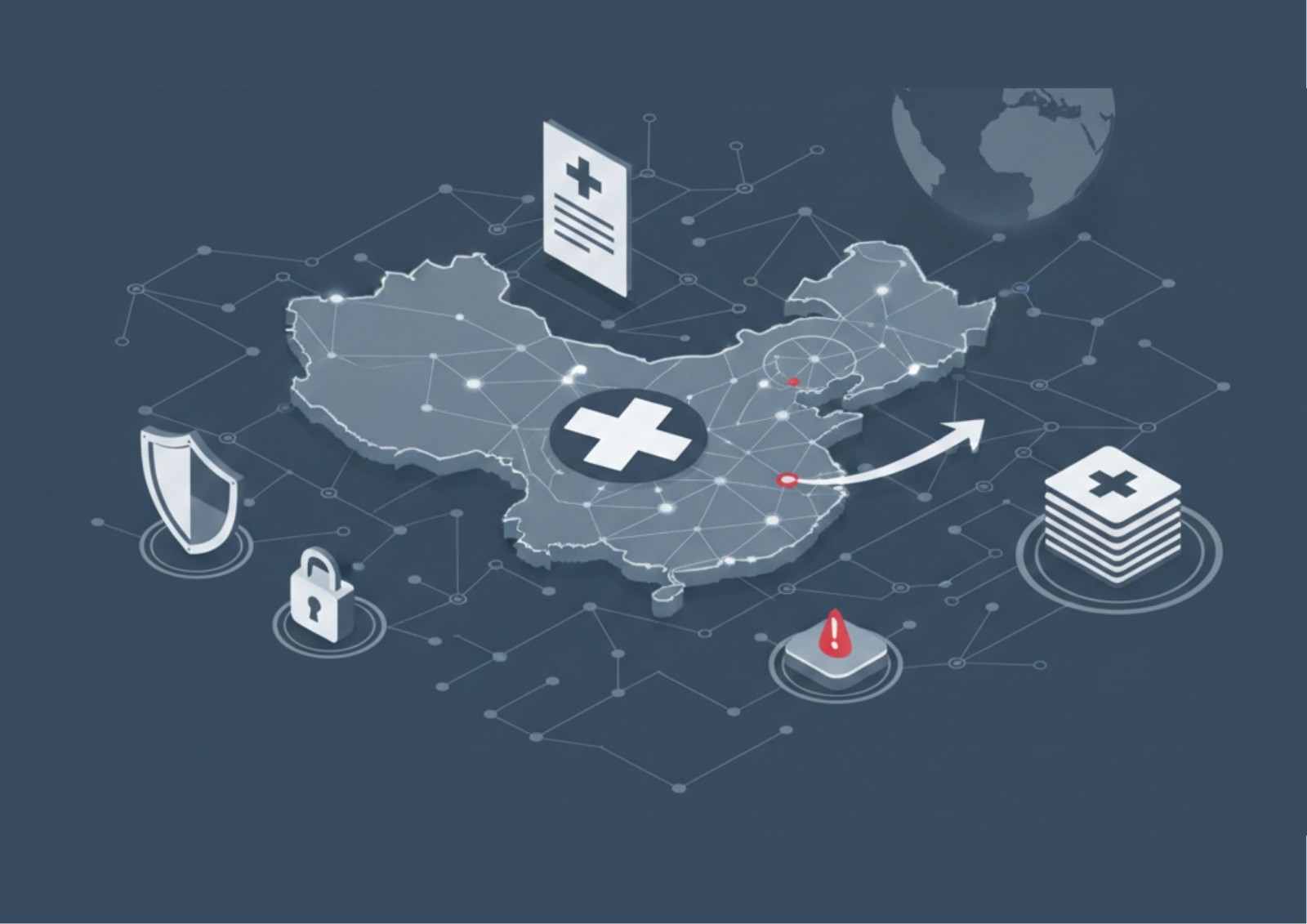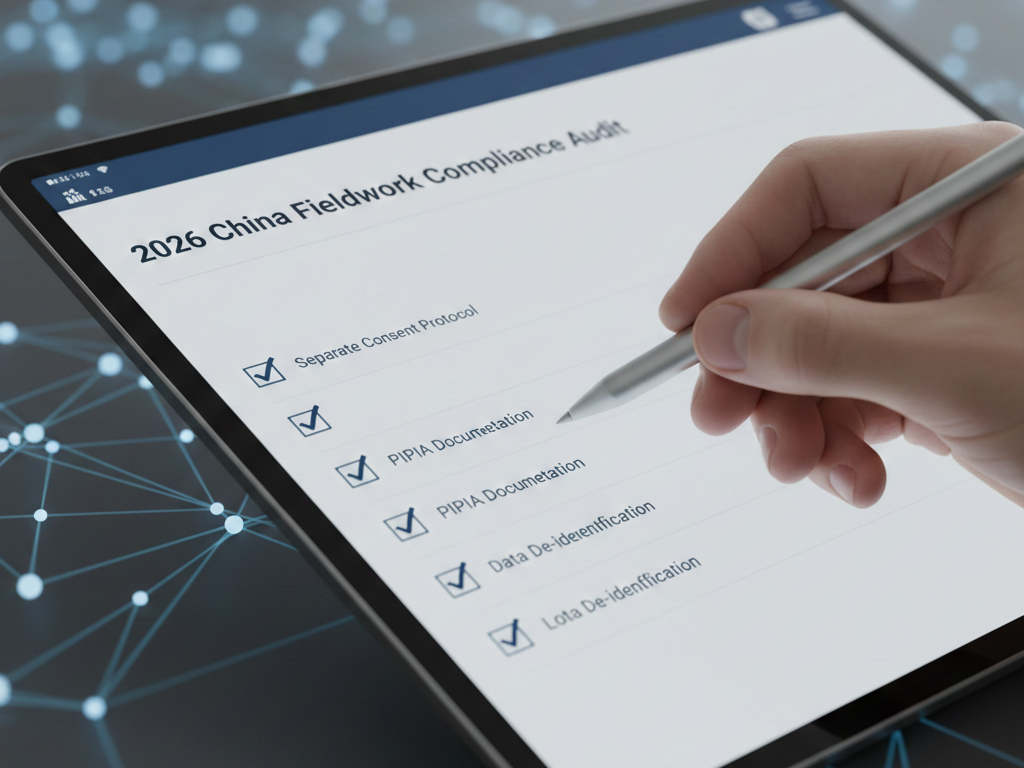In the fast-paced world of healthcare market research, getting high-quality insights from Healthcare Professionals (HCPs) is absolutely essential. We rely on their expertise to understand treatment landscapes, test new concepts, and ultimately help improve patient outcomes. But here’s a question we should constantly ask ourselves: are we consistently hearing from a truly representative sample of these critical voices?
Why Fresh HCPs Are Important?
While experienced respondents offer valuable perspectives, there's immense power in bringing fresh HCPs into the research fold. These are the professionals who may not have participated in market research before, or at least not frequently. Why focus on them? Because they bring:
• Unfiltered Opinions: Less familiarity with MR means potentially more spontaneous and unbiased reactions.
• Diverse Viewpoints: They might represent different experience levels, practice settings (think academic centers vs. community clinics, US vs. EU nuances), or varying levels of adoption concerning new technologies and treatments.
• Current Insights: Newer HCPs or those engaging with cutting-edge areas might offer perspectives that reflect the very latest trends and challenges.
However, finding and engaging these fresh voices isn't always easy. HCPs are incredibly busy, their time is valuable, and they are often gatekept by assistants or hospital systems. So, how do we effectively recruit new HCPs without relying solely on the same established panels?
At Youli, we believe a proactive, multi-channel strategy is key. Let's break down some effective approaches being used today to keep our healthcare insights vibrant and truly representative.
Effective Strategies for Finding New HCP Voices
Recruiting fresh HCPs requires moving beyond traditional methods and embracing a more dynamic approach. Here are some key strategies:
Expand Your Digital Footprint (Smartly!)
The online world offers vast opportunities, if navigated correctly.
• Tap into Specialized HCP Networks: Platforms like Doximity (popular in the US), Sermo, and others specific to certain European countries are invaluable. These aren't just social sites; they are often verified professional communities. Running targeted campaigns here allows you to reach specific specialties or interest groups who might not be on standard MR panels. Think: Reaching newly board-certified dermatologists discussing specific advancements.
• Leverage Professional Social Media (LinkedIn): Go deeper than just job titles. Use filters for specific skills, group memberships (e.g., "European Society of Cardiology Members"), or even followers of specific Key Opinion Leaders (KOLs). Craft personalized, professional outreach messages that highlight the value and relevance of the research.
• Form Content Partnerships: Collaborate with respected medical publishers, niche news sites, or Continuing Medical Education (CME/CPD) providers. Placing a research invitation alongside relevant articles, webinars, or educational modules catches HCPs when they are already in a professional learning mindset. Example: Inviting pulmonologists to a short survey immediately after they complete an online module about a new asthma biologic.
Build Bridges with Professional Communities
Engage with the organizations HCPs trust and belong to.
• Collaborate with Medical Associations & Societies: This is about building relationships, not just sending emails. Explore options like sponsoring newsletters, presenting at virtual events, or offering research participation as a member benefit (with the association's full cooperation and transparency). The implicit endorsement significantly boosts credibility. Example: Partnering with a pan-European nursing association for a study on new patient monitoring devices.
• Engage at Conferences (Virtual & In-Person): Conferences remain prime grounds for meeting HCPs, especially those less active in online MR. Focus on networking opportunities. Have clear, concise information about your research ready. Respect their time – a brief conversation can lead to later participation if you make a good impression and offer a clear value proposition.
Demand Proactive Panel Management & Referrals
Even when using panels, ensure they prioritize freshness.
• Question Panel Refreshment: Don't assume your panel provider is actively finding new HCPs. Ask about their specific recruitment methods beyond existing member referrals. How do they target underrepresented specialties or experience levels? Look for partners committed to ongoing, diverse sourcing.
• Implement High-Value Referral Programs: Encourage existing, trusted participants to refer new colleagues. Make the incentive attractive for both the referrer and, importantly, the newly referred HCP. Focus on quality referrals that match specific study needs, not just broad recruitment.
Utilize Ethical Data & Outreach Tactics
Accessing lists requires responsibility and precision.
• Use Databases Responsibly (NPI, etc.): Publicly available data (like the NPI database in the US) or licensed professional lists can identify potential recruits. However, outreach must be highly personalized, transparent about how you found them, clearly state the research purpose, and be fully compliant with privacy laws like HIPAA (US) and GDPR (EU). This is not about sending mass, impersonal emails. It requires finesse and a compelling reason for them to engage.
• Explore Strategic Alliances: Carefully vetted partnerships with related organizations (e.g., specific non-profits, research institutions) might open doors, but only with rigorous attention to ethical guidelines and data privacy agreements.
Making Participation Irresistible
Finding them is step one; getting them to say "yes" is step two. This requires treating potential new participants with respect and making the experience positive:
• Offer Fair & Timely Compensation: Acknowledge their expertise. Benchmark honoraria appropriately for their specialty and country. Pay promptly.
• Design an Effortless Experience: Ensure surveys are mobile-friendly, intuitive, concise, and clearly worded. Use engaging question types where possible. Think about the busy professional squeezing this into their day – make it smooth!
• Communicate Purpose & Impact: Why should they participate? Explain how their insights will be used (anonymously, of course) – perhaps to improve a clinical tool, refine patient education, or inform treatment guidelines.
• Respect Their Time Above All: Provide accurate time estimates. Offer flexibility for scheduling qualitative interviews. Keep quantitative surveys focused.
• Maintain Professionalism: From the initial invitation to any follow-up communication, maintain a high degree of professionalism. Treat them as valued collaborators in the research process.
Conclusion: Investing in Authentic Insights
Recruiting fresh HCP respondents isn't just about filling quotas; it's a strategic imperative for ensuring the relevance, accuracy, and richness of our healthcare market research. It demands a thoughtful combination of modern digital tactics, traditional networking, ethical data practices, and a fundamental respect for the professionals we seek to engage.
It's an ongoing process, requiring continuous adaptation and refinement. But the payoff – truly authentic insights that reflect the diverse and dynamic nature of healthcare today – is well worth the investment.
At Youli, we are passionate about uncovering these valuable perspectives and embrace the challenge of finding fresh voices for every project. [Contact Youli today] to streamline your data work and enhance your insights.
_1769067678558.jpg)

